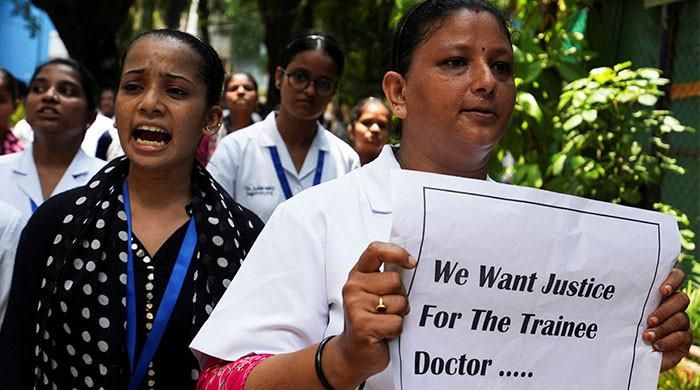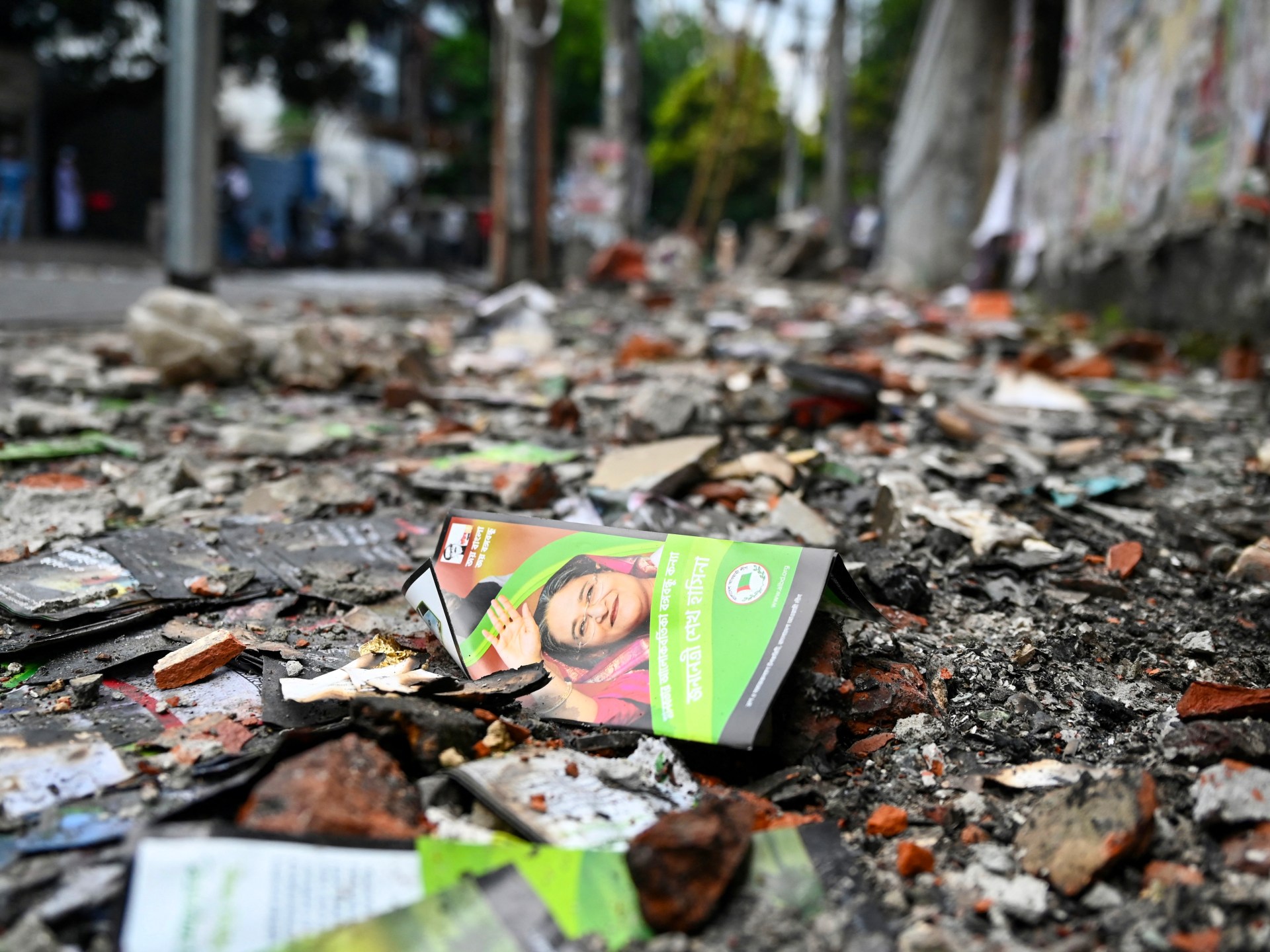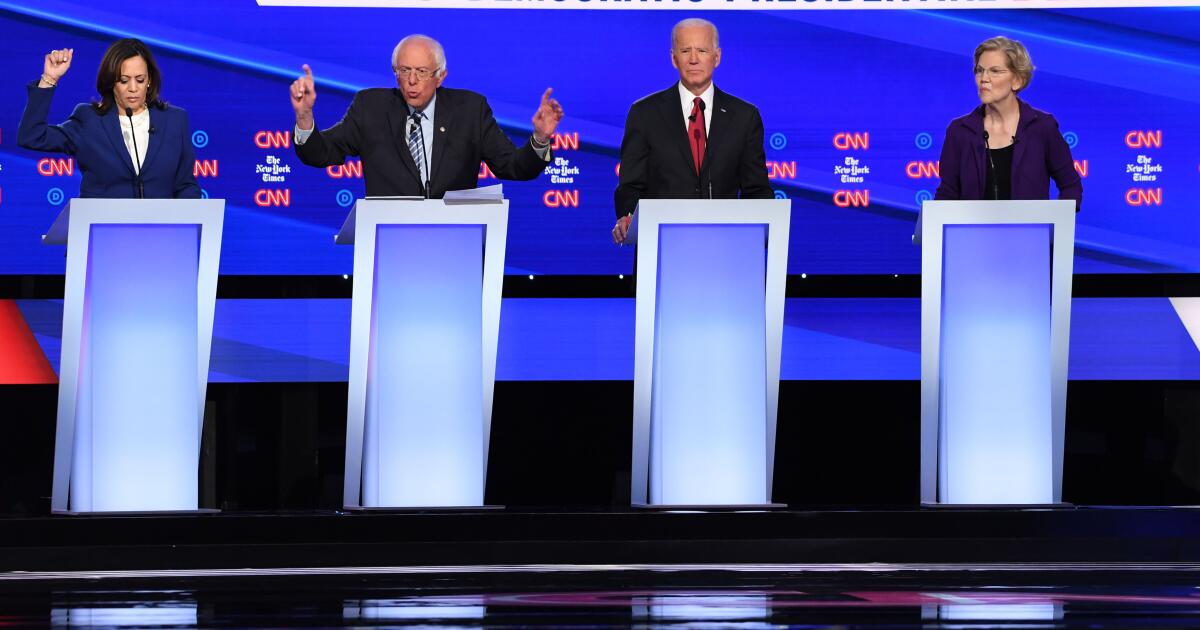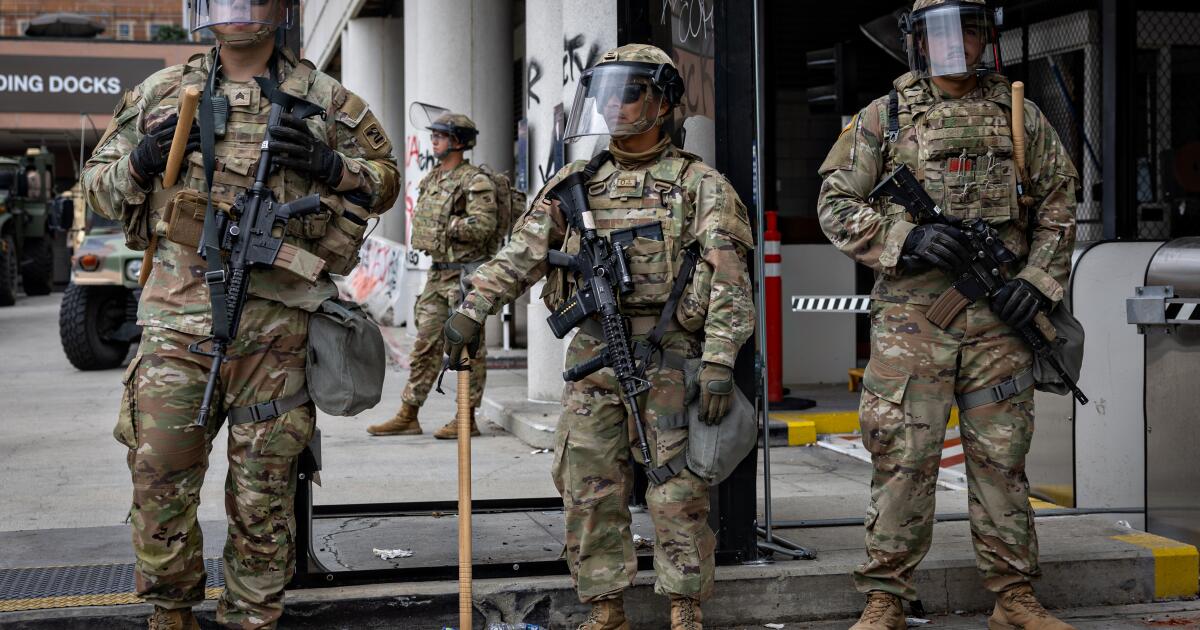- Law passed following outrage over gruesome murder of doctor.
- Protests over the doctor turn into clashes between rival political parties.
- The law raises the punishment for rape to life imprisonment or execution.
KOLKATA: An Indian state, rocked by weeks of protests demanding justice following the rape and murder of a doctor, on Tuesday passed a law that could lead to the execution of rapists.
Protests erupted in West Bengal following the discovery of the bloodied body of a 31-year-old doctor in a state-run hospital in the local capital Kolkata on August 9.
The law, passed by the state assembly but still awaiting presidential approval, expresses outrage over the chronic problem of violence against women.
The new West Bengal law is largely symbolic because India's penal code applies uniformly across the country.
However, presidential approval could make an exception and make it state law.
The law raises the punishment for rape from current sentences of at least 10 years to life in prison or execution.
The doctor's murder sparked doctors' strikes and demonstrations supported by thousands of ordinary citizens across India, although many doctors have since returned to work.
Protests in West Bengal have since morphed into clashes between rival political parties, including the ruling All India Trinamool Congress (AITC) and Prime Minister Narendra Modi's Bharatiya Janata Party (BJP).
The Hindu nationalist BJP party, which holds power at the national level but is in opposition in West Bengal, supported the new state law along with the AITC.
The gruesome nature of the attack has drawn comparisons to the horrific gang rape and murder of a young woman on a bus in 2012 in the capital Delhi.
The 2012 incident became a major political issue and was seen as a factor in the BJP's subsequent success in elections.
In India, death sentences often remain stuck after years of appeals. Executions are usually carried out by hanging.












